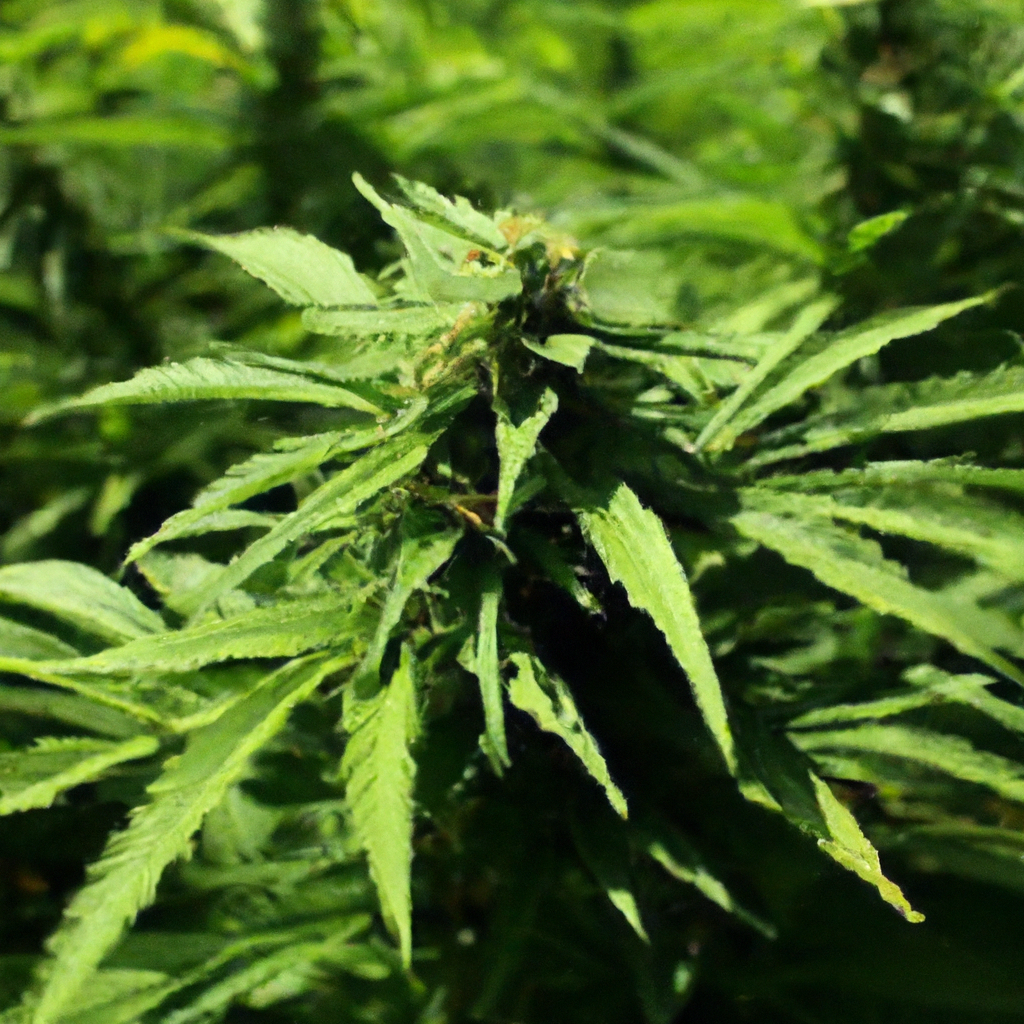Your cart is currently empty!
In the world of cannabis cultivation, there is a growing interest in organic practices that not only yield high-quality buds but also benefit the environment. By focusing on building a sustainable ecosystem, organic cannabis cultivators can support healthy plant growth without relying on synthetic chemicals. This article explores the best practices for achieving successful organic cannabis cultivation.
Enhancing Soil Health Naturally
Healthy soil is at the heart of organic growing. To build a thriving soil ecosystem, consider the following approaches:
- Composting: Use compost to improve soil structure, retain moisture, and add essential nutrients.
- Cover Crops: Plant cover crops like clover or vetch to fix nitrogen and prevent soil erosion.
- Humic Substances: Amend soil with humic and fulvic acids to promote root growth and nutrient uptake.
Natural Fertilizers and Pest Control
Eschewing synthetic fertilizers and pesticides is crucial in organic cultivation. Instead, opt for these natural alternatives:
- Manure and Worm Castings: These provide a rich source of nitrogen and other micronutrients essential for plant growth.
- Beneficial Insects: Introduce ladybugs, predatory mites, and lacewings to keep pest populations in check.
- Neem Oil: A versatile organic pesticide that helps manage aphids, spider mites, and other pests.
Sustainability and Environmental Impact
Organic cannabis cultivation practices are inherently more sustainable and environmentally friendly compared to conventional methods. Here are some benefits:
- Reduced Chemical Runoff: Organic methods eliminate harmful chemicals, protecting local water bodies.
- Carbon Sequestration: Healthy, organic soils are effective in sequestering carbon, aiding in climate mitigation.
- Biodiversity: A varied ecosystem in your cannabis garden enhances resilience and productivity through symbiotic relationships.
The Consumer Advantage
Consumers are becoming more discerning about the quality and origin of their cannabis. Here’s why organic cannabis appeals to them:
- Purer Product: Organic cannabis is free from synthetic residues, providing a cleaner, smoother consumption experience.
- Aromatic and Flavorful: Organic cultivation often results in richer terpene profiles, enhancing the natural aroma and flavor complexities of the strain.
Conclusion
Switching to organic cannabis cultivation not only benefits the environment but also meets the increasing demand for higher-quality cannabis products. By implementing best practices in soil health, natural pest control, and ecosystem sustainability, growers can create a thriving, fruitful operation that stands the test of time. Take the step today toward a greener, more sustainable future.


Leave a Reply